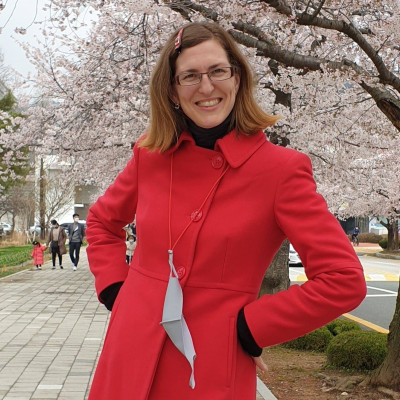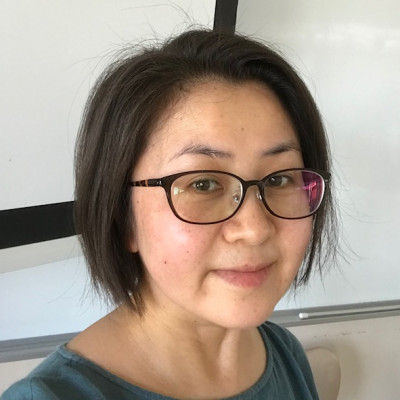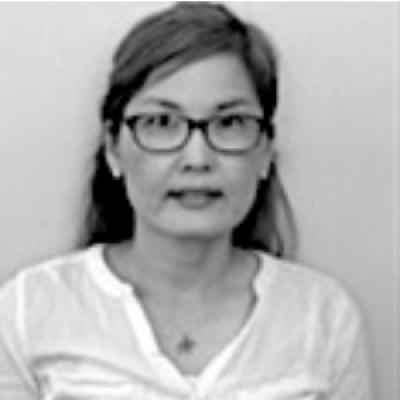Sessions / Dialog/Roundtable (50 mins)
Social Justice and the Future of English Language Teaching in Korea #3112
KOTESOL Social Justice SIG
Defining social justice and critical education in Korean ELT as a starting point, audience members will be invited to frame this in the Korean context of English language teaching. Significant issues will then be brought forward which directly relate to the benefits or disadvantages of English language education and the broader sector as it exists in Korea in 2022. This will be a largely interactive session where participants shall be encouraged to post questions and comments on a online platform and to engage in conversation in the live session. The ultimate objective shall be to attempt to approach a consensus through dialogue on the purpose of critical education and social justice to English language teaching in Korea.
Peer Editing and Feedback in L1 #2986
What importance might L1 peer feedback have for L2 learners? Olshtain (2001) has argued the importance of clear, organized feedback as crucial for the succeeding draft (quoted in Yuce and Atac, 2020). This leads to a discussion on determining the appropriate stage of communication in L1 or L2 to promote a learner’s development. Other researchers (see Hyland & Hyland (2006); Franklin (2010)) suggest that peer editing in L1 avoids possible misunderstandings while developing crucial social skills. Should such skills be a goal in peer editing? The presenter will share classroom action research and invites participants to share their own insights.
Overcoming the Limitations of COVID-Affected Classes Through Educational Technology #3095
KOTESOL MCALL SIG
COVID-19 has left a lasting impact on education. Shifting between offline and online classrooms midcourse, faculty and student attendance issues, and ever-changing schedules are just a few of the many problems educators and students have had to cope with. The goal of this round table discussion is two-fold: to share our experiences to get a better understanding of the issues we face and to discuss resources we can use to overcome these challenges.
The discussion will be moderated, and all attendees are encouraged to prepare at least one challenge they have faced in their classes this past year. They are also encouraged to prepare a brief, two-minute presentation of an app, website, device, or other tool that has enhanced their students’ learning. Educators of all subjects and grade levels are welcome to attend.
Multilingual Learners: Why Do We Need to Use the Right Terminology? #2905
Over the last two decades, the United States has increased their population of K-12 students for whom English is not their first language. Many educators and administrators have referred to these students as English language learners (ELLs), English as a Second Language Learners (ESL), and/or Limited English proficient students (LEPs). However, based on the terminology, these descriptions are misrepresentations. I argue that students who speak more languages than just English or students who speak their native language but are not yet fluent in English should be referred to by educators as Multilingual Learners (MLs). Using the term ELLs has implied misconceptions of students’ equity and can lead to misrepresentation in the classroom. Through this dialog in this conference, I would like to converse about how other scholars think about K-12 students who speak more than one language and create support for Multilanguage Learners by using the correct terminology globally.




